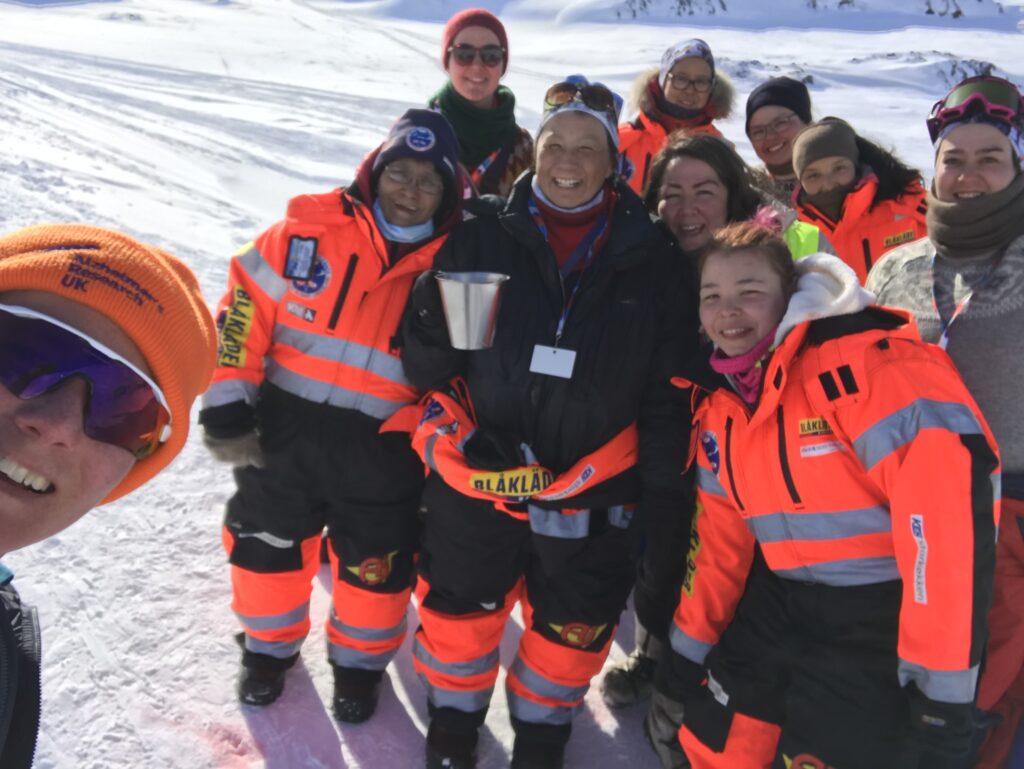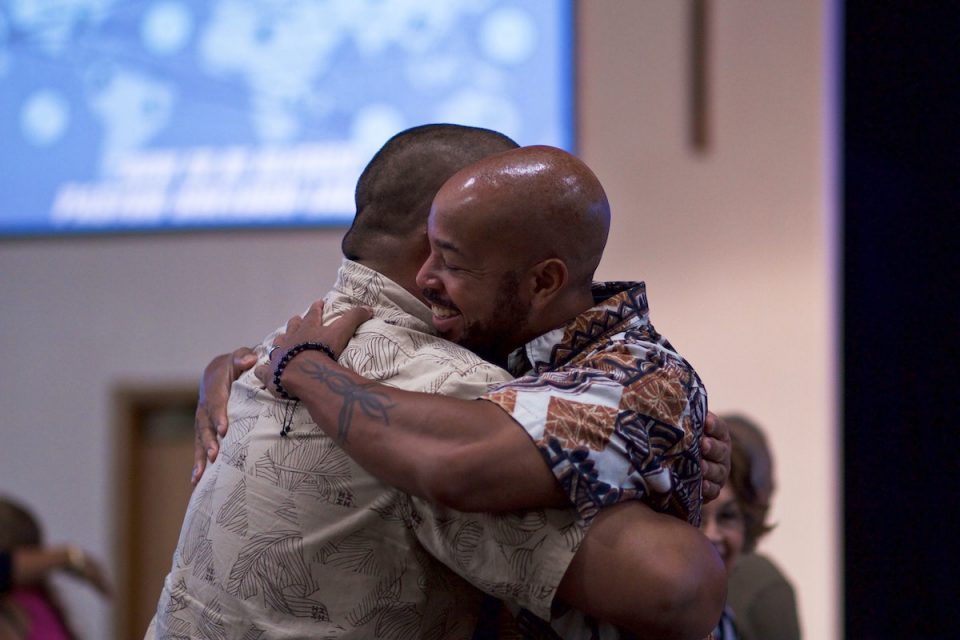In March 2019, my partner (in life and adventure!) Antonia and I took on the Arctic Circle Race, the world’s toughest ski race. It’s 160km cross-country in Greenland, taking place across 3 days while camping out on the snow. Prior to the race, you stay in a tiny village called Sisimiut, home to 5,582 people. Every year, the locals support the race by volunteering along the course and with other aspects of the race admin.
The Back Of The Pack
Day one of the race began with smiles and excitement, and shortly after 10am, we were off. The start of the race is quite chaotic as so many skiers are vying for space on the tracks, and it wasn’t long before Antonia and I found ourselves at the back of the pack. About an hour in, it became clear that we had bitten off significantly more than we could chew; the weather wasn’t great, and the wind was blowing snow into the tracks, rendering them obscured.
What I thought I’d enjoy – the splendid mountains and the solitude – became menacing and imposing. I started to feel very anxious and concerned that we’d struggle to complete the distance. The elevation was crazy: on day one alone, the total elevation was the equivalent of climbing Snowdon 2.5 times. And when we got to the top, having climbed with our skis on our backs, we had to walk down the other side as it was too steep for us to ski down. I had meltdown after meltdown, shouting at Antonia, “this is beyond my ability!” – and there were even some tears.
Arms Out Open
Even though we’d been sponsored by companies and raised over £10,000, I told Antonia that if we reached the finish for the day, I was quitting. And I really meant it. As we FINALLY skied in towards the stage 1 finish line, sun setting behind us, I saw someone who appeared to be looking right at me. As I got closer, I could see it was an Inuit woman wrapped in fur-lined clothing, holding her arms out open. I skied into her arms, and we hugged tightly for what felt like several minutes but was probably only 60 seconds. I didn’t want to let her go but thought I probably should. As I moved away from her, she pulled me in again for another long hug. It was just what I needed.
When she eventually let me go, Antonia persuaded me not to go to the event organiser’s tent, but instead to go to the mess tent and change. After that, she was able to persuade me to go to the food tent, and eventually to our two-man tent where we slept for the night. I finished the race in the end, by breaking it down into smaller, less overwhelming chunks.
Slivers Of Recovery
It did get ‘easier’ after the first day, and I managed to get my head in the endurance race game: no overthinking, and don’t try to guess where you are! But what made the difference was that hug. Those 60 seconds of rest – of connection – enabled me to contemplate the next step, and the next, and so on. And that’s the importance of making time for slivers of recovery in your day. Just 60 seconds of rest can make a huge difference. Backing off beats burnout.
So, what can YOU do today and every day to create slivers of rest and recovery in your day?
You may enjoy Leanne’s book Cadence The secret to beating burnout and performing in life and work.


